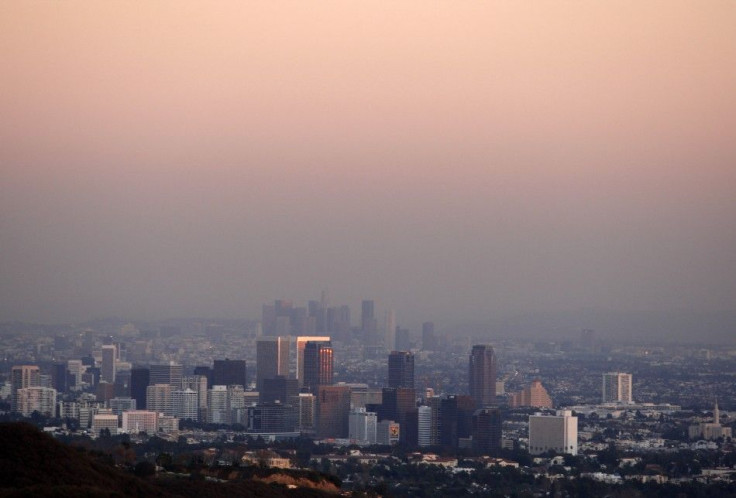Obama Halts the Much-Debated EPA Smog Standard

The U.S. President, Barack Obama, has shelved the controversial plan to tighten air-quality rule on Friday, said the officials.
The rule designed by the U.S. Environmental Protection Agency (EPA) was aimed to reduce emission of health-threatening smog, but irked the congressional Republicans and businesses in the U.S.
Businessmen and Republicans welcomed Obama's decision of abandoning the job-killing smog rule saying it showed his growing sensitiveness toward the presently decimated American economy, whereas environmentalists criticized the decision describing it unfortunate and a new low for President Obama. They have accused him of being defeated by the corporate polluters, and the American Lung Association said they are preparing to take legal action against Obama.
This is a huge win for corporate polluters and huge loss for public health, said the dismayed Gene Karpinski, the President of League of Conservation Voters. However, the administration defended their decision saying it was based on merits and certainly not forced by the industry pressure.
Although the EPA estimated the proposed regulatory change might cost up to $90bn (£55bn) a year, making it one of the costliest environmental standards in the U.S., the cost could go higher suspected the opponents. On Friday, Obama, citing the present sluggish condition of the American economy, asked the EPA administrator Lisa Jackson to withdraw the draft rules until 2013. I have continued to underscore the importance of reducing regulatory burdens and regulatory uncertainty, particularly as our economy continues to recover, he said in a statement.
The EPA, however, pointed out that the smog rule could have saved as much as $100bn in health costs, and could prevent as many as 12,000 premature deaths from heart and lung complications caused by Ozone, which poses higher health risks than previously thought. Scientific reports suggest that a stringent regulation should be enforced to limit the concentration of ground-level ozone, which is the main ingredient in smog and is a lung irritant causing asthma and other respiratory conditions.
The shelved smog regulation was set to decrease the limit of ozone from 75 parts per billion, as established by the Bush administration in 2008 to 70 parts ozone per billion parts air, said the EPA.
© Copyright IBTimes 2025. All rights reserved.





















